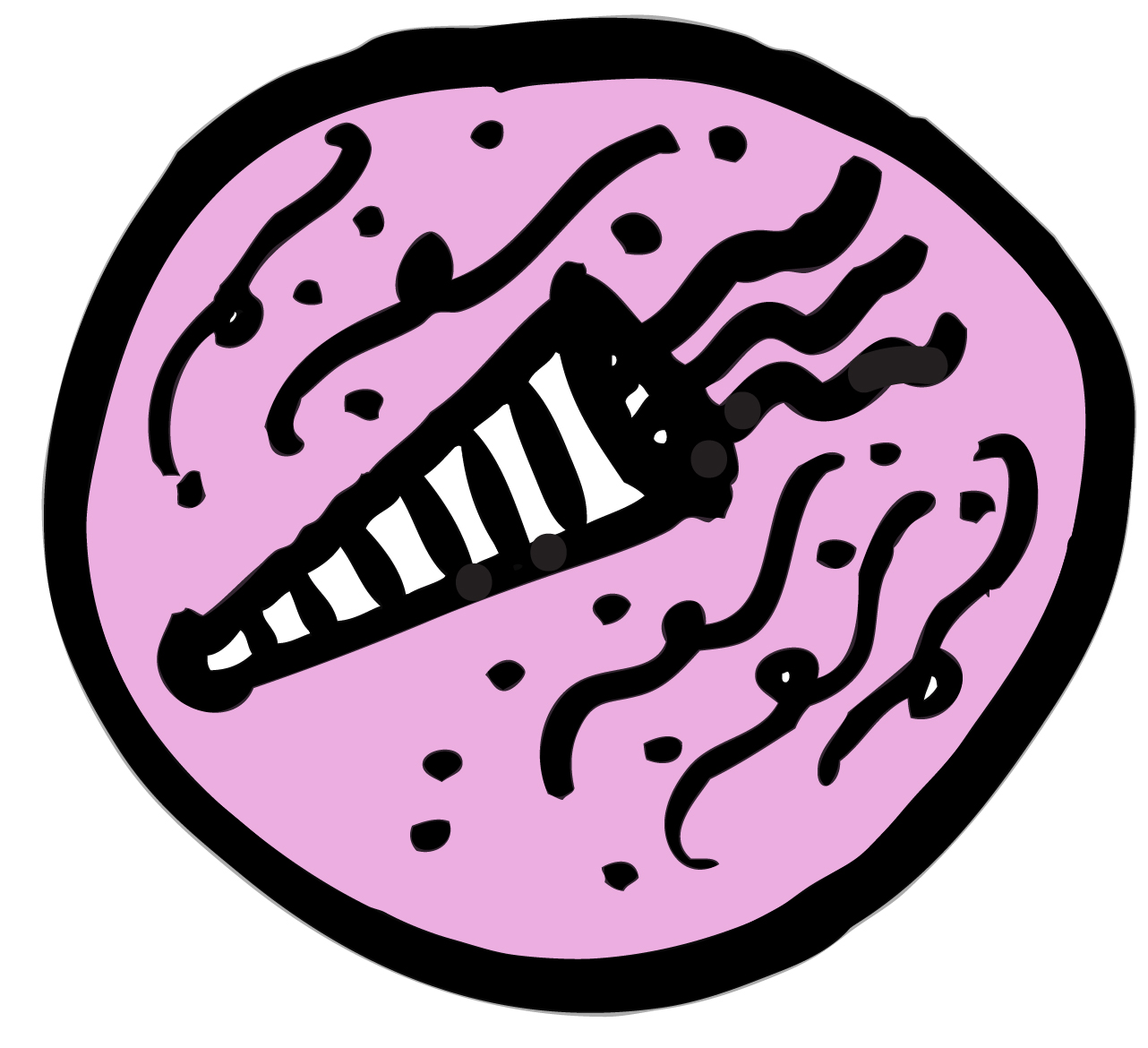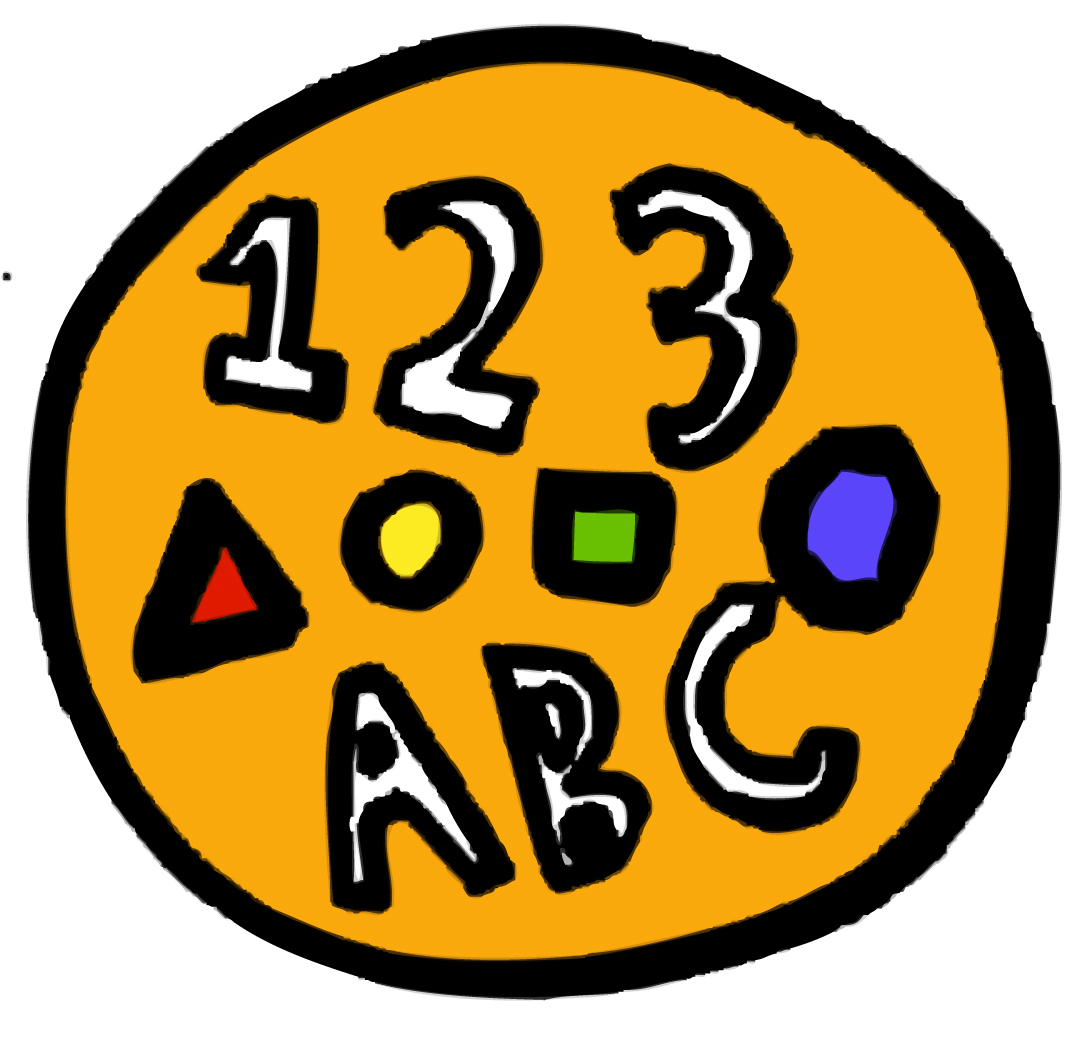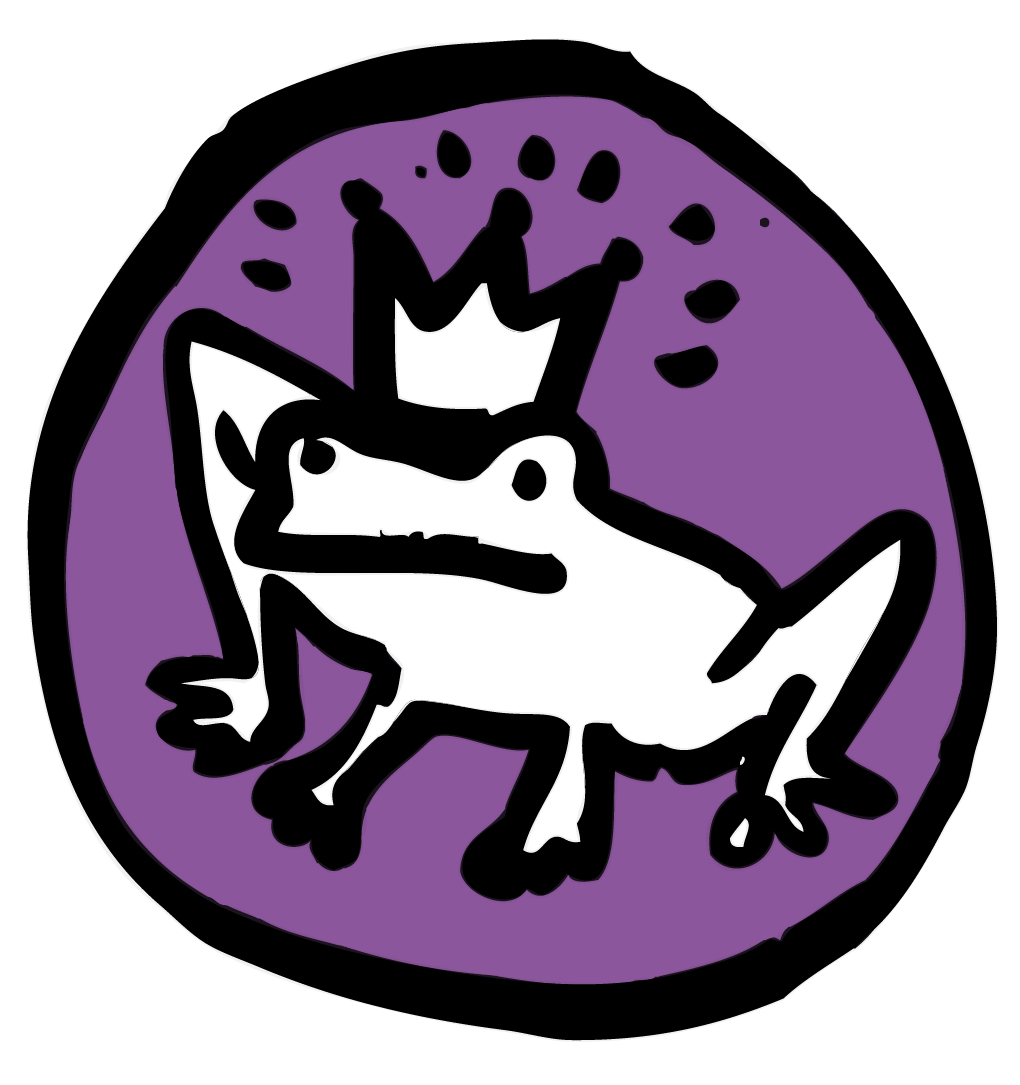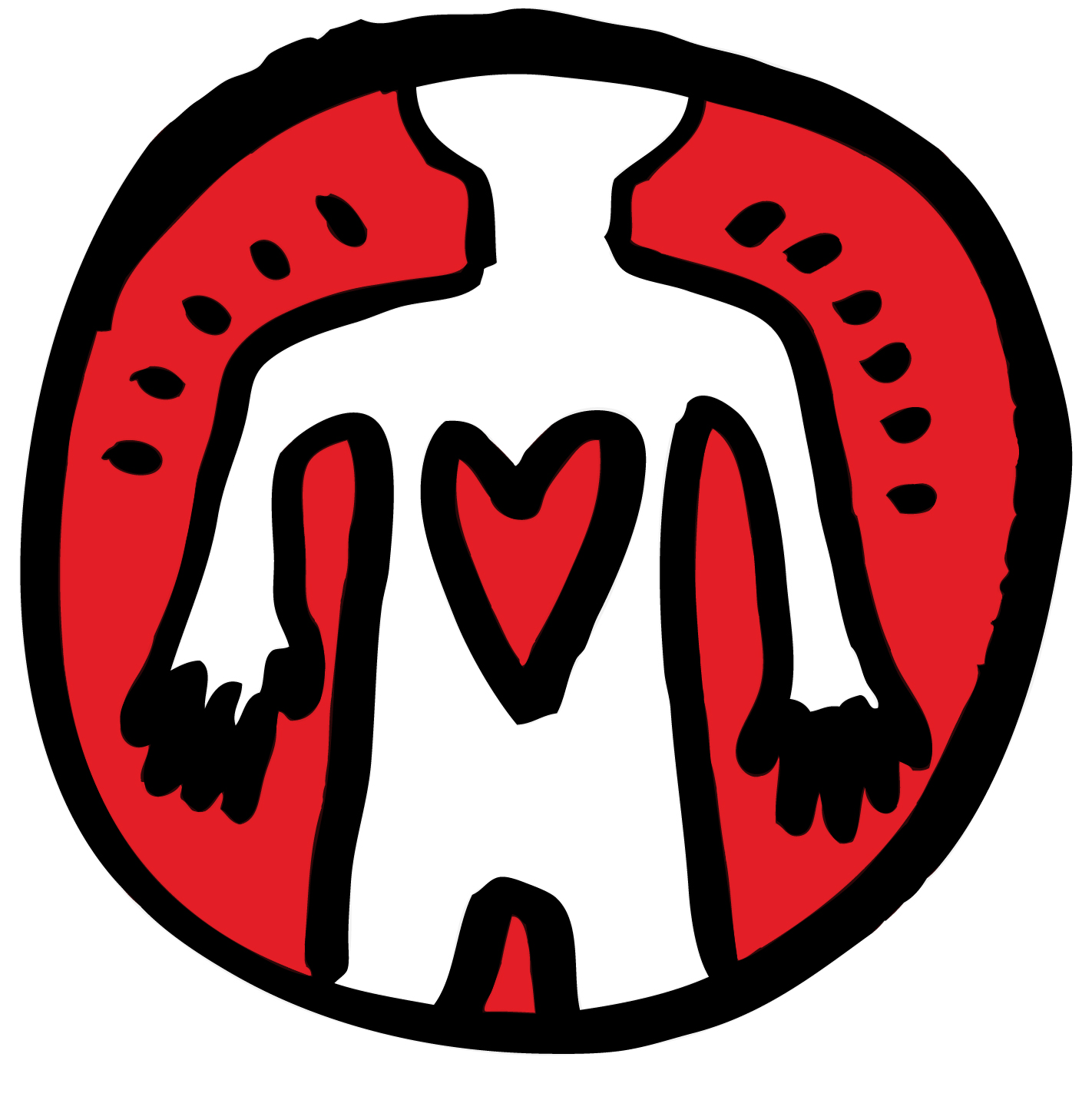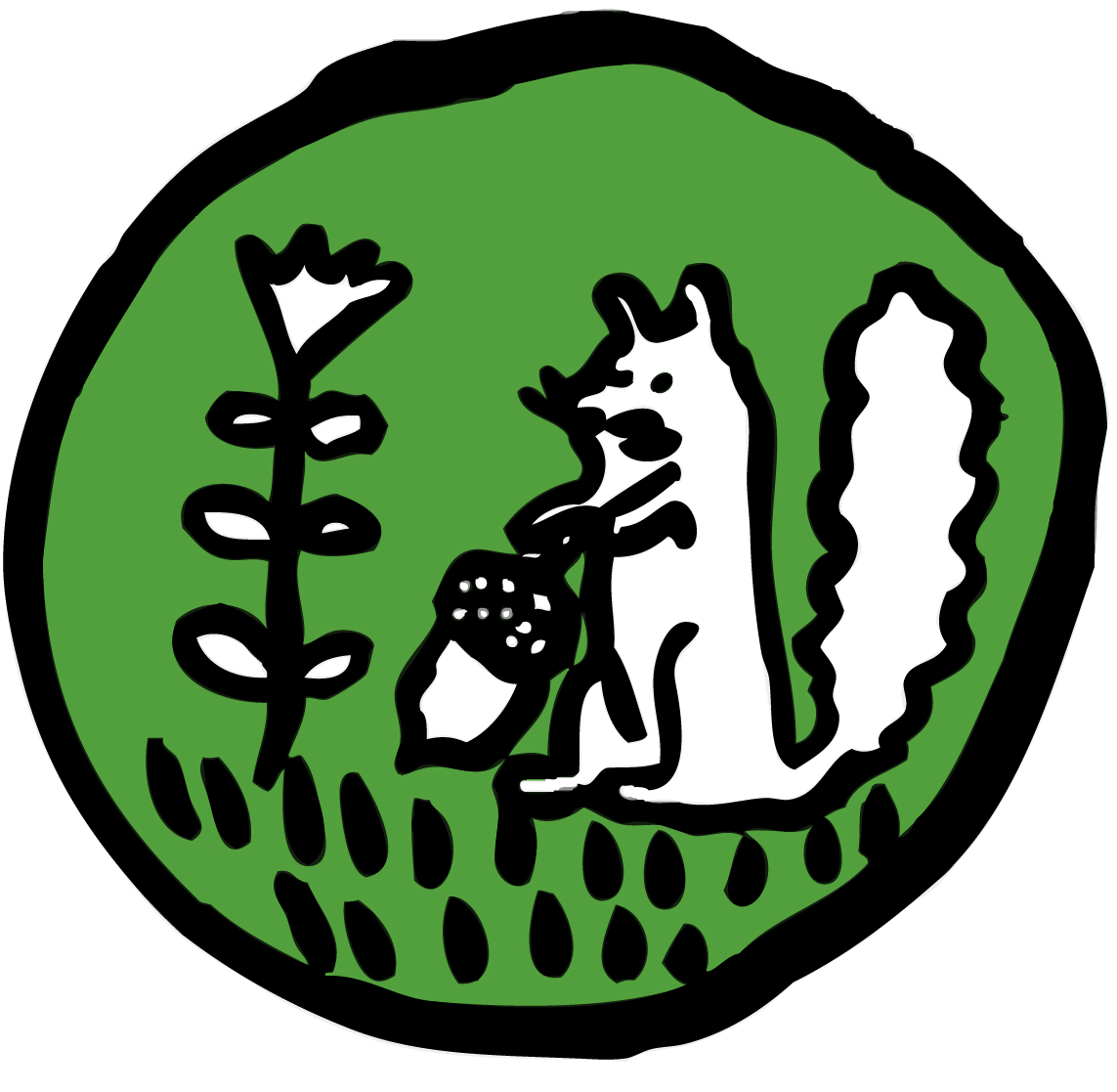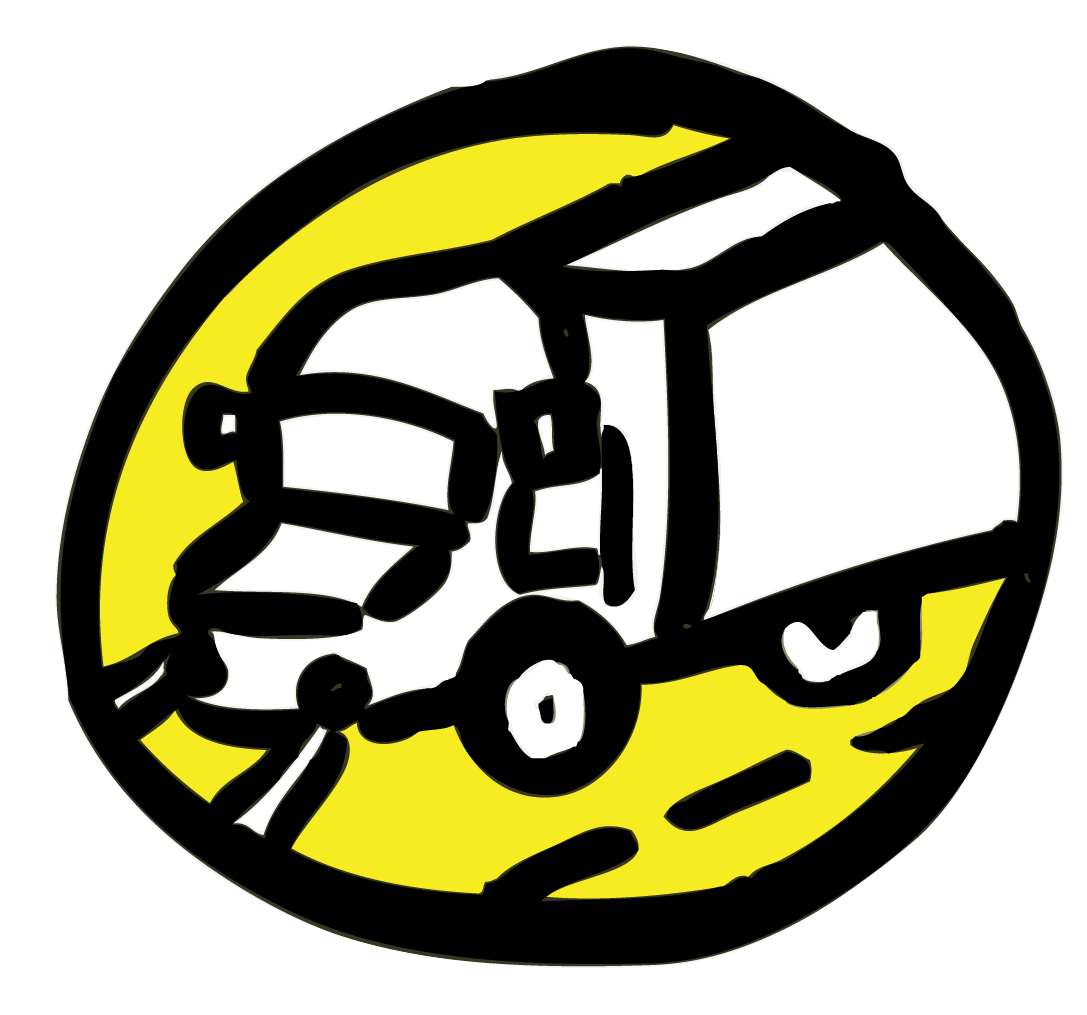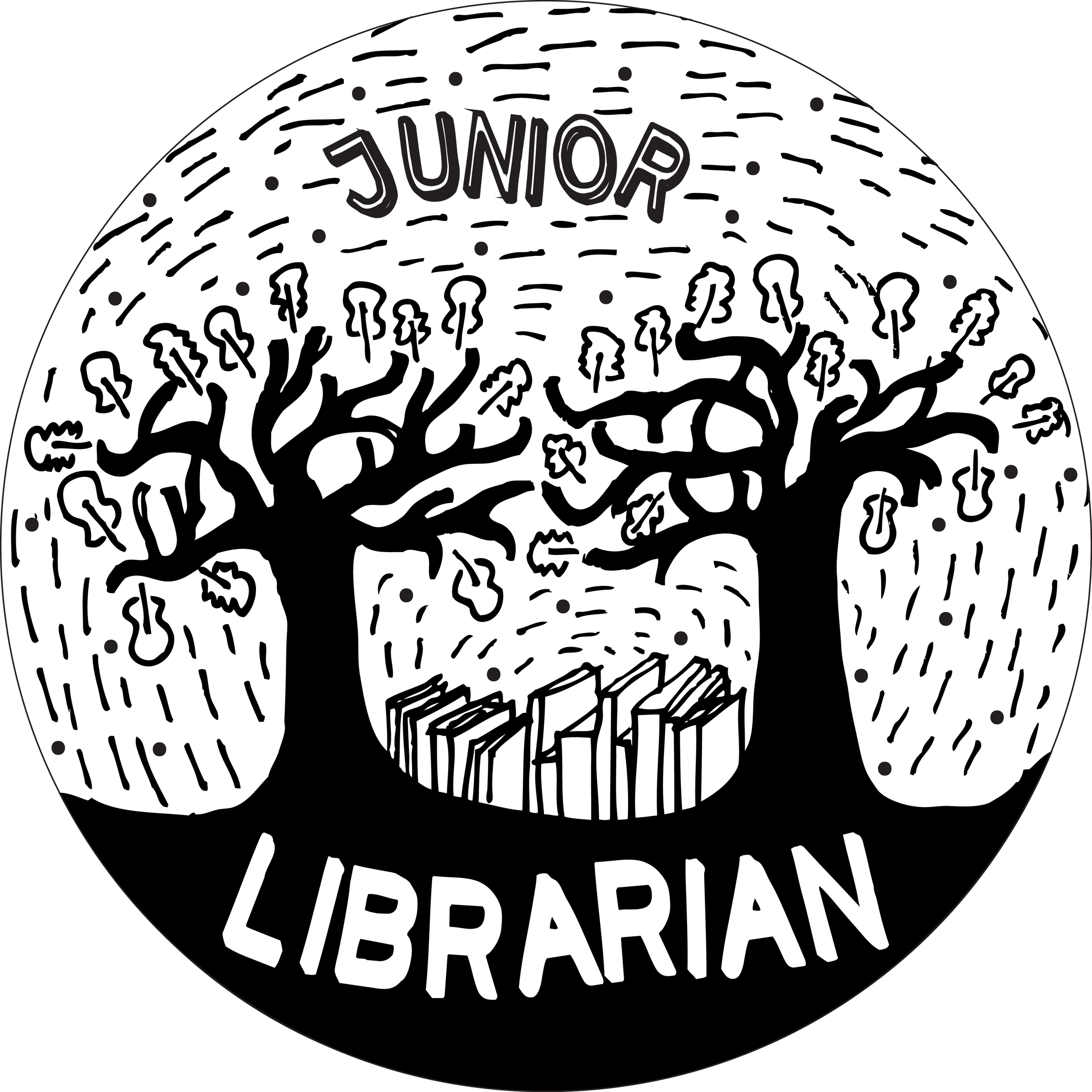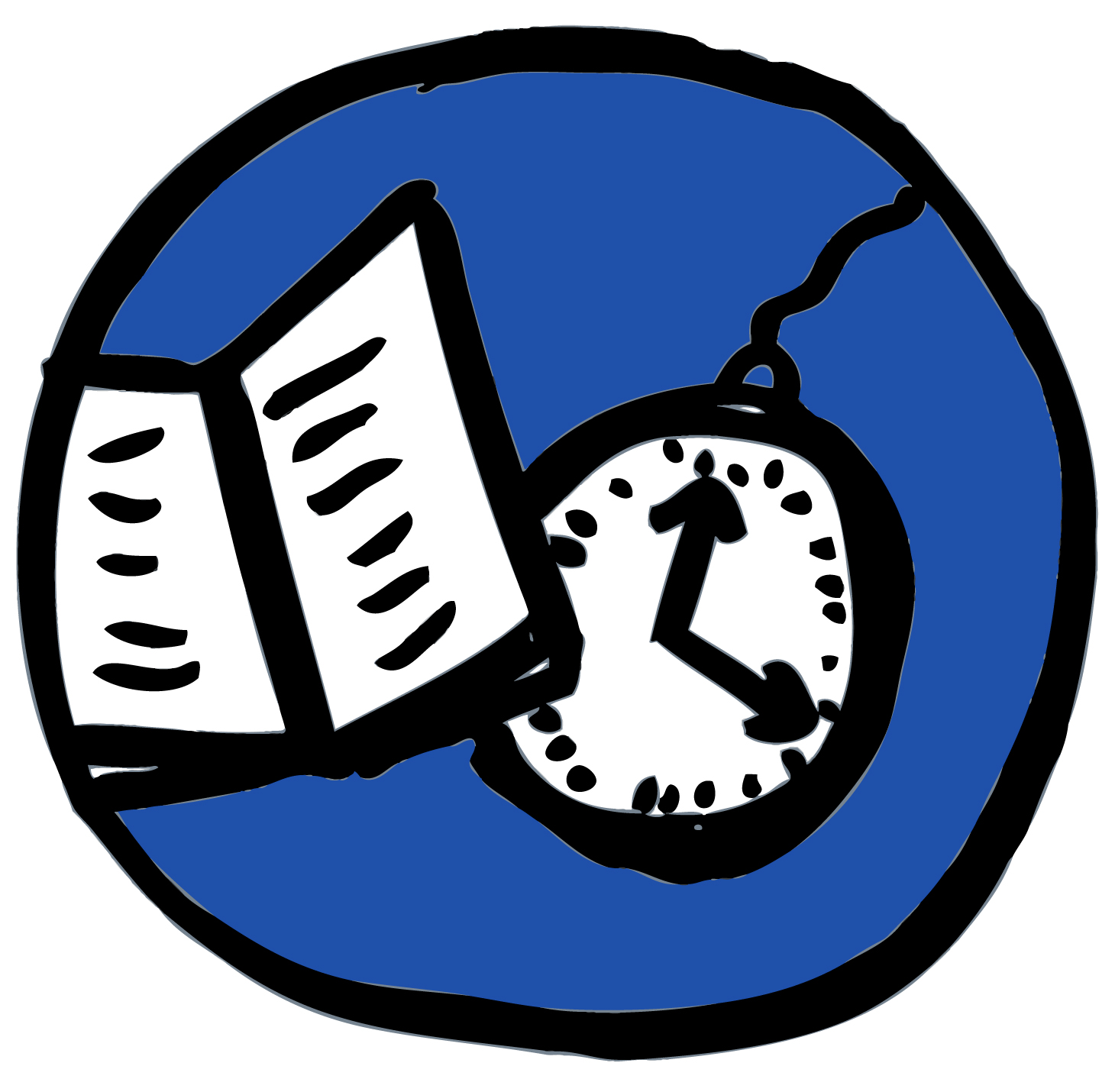In the spirit of joyful librarianship, this list is a compilation of my favorite books I've read this year - they're not necessarily from this year though, so don't be thinking this list is contemporary.
Graphic novels:
Are You My Mother? by Alison Bechdel
This novel exquisitely traces historical understandings of therapy and self alongside Bechdel's self-discovery in relation to her mom, therapists, and lovers. Her drawing style is beautifully simple but you get a sense of the humans shining inside. Love this one a lot!
The Making Of by Brecht Evens
A beautiful beautiful book with a fairly interesting storyline - the story really doesn't matter particularly much because the watercolors are one of the most luscious things I've ever seen. (Great for artists/curators - that's what it's about)
Epileptic by David B.
This French comic artist tells of his childhood with an epileptic brother, and how it affected his ideas of who he was. B. sought salvation in drawing, and you can tell - his work is obsessively beautiful black and white graphic deliciousness, and the story rolls on and on in a wonderful way. I couldn't put it down.
Palestine by Joe Sacco
Sacco is a graphic journalist - that is, he illustrates stories, usually from war zones. His drawings are incredible and his stories use interviews and self-reflection to build a multi-faceted story to life. If only all journalists could do this!
Young Adult:
Cruddy by Lynda Barry
This book definitely made me feel uncomfortable - it describes some difficult situations, the protagonist feels so disgustingly human, and the scene is dirty, fucked up, and painful. However, it also is impossible to put down. Barry includes some of her incredible illustrations and the story weaves between past and present skillfully. The main character's teenage angst is well-earned and not in the least grating. It matches one of SJSU Library professor's assertion that “Teens want books that reflect reality without sugar- coating it—books that can help them find out what experiences, good and bad, are waiting for them and for their friends. They want a chance to experience reality vicariously before meeting it head on, and they know the safety of having those experiences through books” (Bodart, J. R. (2006). Books that help, books that heal: Dealing with controversy in YA literature. Young Adult Library Services, 5(1), 31-34.)
Weetzie Bat by Francesca Lia Block
I read this slim little gem once a year. No, really. It tells of Weetzie, a teen who lives in Los Angeles, who falls in love, loses her father, dances at punk clubs, drinks champagne at the beach, and above all just hella loves everybody. Block's love for people comes through the pages and the story kicks ass.
Fiction:
Kindred by Octavia Butler
I read a lot of Octavia Butler this year and really enjoyed it. Kindred, however, was my favorite. She blur boundaries between historical and science fiction in a way that seems effortless - that is, really fucking well. I love how Butler tells stories that tell many stories, weaving in race, gender, identity, context, history, psychology, etc etc in these glorious tales that push the reader into new places. I'd recommend any/all of Butler's work!
Non-fiction:
The Emperor of All Maladies: A Biography of Cancer by Siddhartha Mukherjee
My mom has had cancer twice, and it always has seemed like this monster that was beyond science, environment, genetics, and human understanding. This book helped me whittle down cancer to the size of a horrible disease - much better than a monster. Mukherjee uses the first half of the book to describe early research into cancer and the second half to explore recent research (which gets very sciencey). His tone is so kind and patient that it feels possible to understand the gobbledygook.
Bury My Heart at Wounded Knee by Dee Brown
Every US.American should read this book. Brown describes the history of the US.American genocide against those who were here first with compassion and a keen historian skill - somehow, all those names and dates don't feel dry or dead, they are alive - and it's the saddest group of stories that many don't know. Highly highly recommended.

